The search for life, especially on other planets, begins with the search for water. The presence of water is key and is universally acknowledged as the building block to life. It’s what makes the Earth so unique and it’s what drives us as living organisms —be it a butterfly, an oak tree or a human being.
Two-thirds of the Earth’s surface is covered by water. Around 65% of the human adult body is water. Water circulates through land just as it does through the human body — transporting, dissolving, and replenishing nutrients and organic matter while carrying away waste material.
Water serves a number of essential functions to keep us all going:
- A vital nutrient to the life of every cell
- It regulates our internal body temperature by sweating and respiration
- The carbohydrates and proteins that our bodies use as food are metabolized and transported by water in the bloodstream;
- It assists in flushing waste mainly through urination
- Acts as a shock absorber for brain, spinal cord, and fetus
- Forms saliva and aids in digestion
- Lubricates joints
The adult human needs to drink an average 8-10 glasses of water a day to function optimally. Each day, your body must replace 2.4 litres of water through ingested liquid and foods.
How Safe is Your Drinking Water?
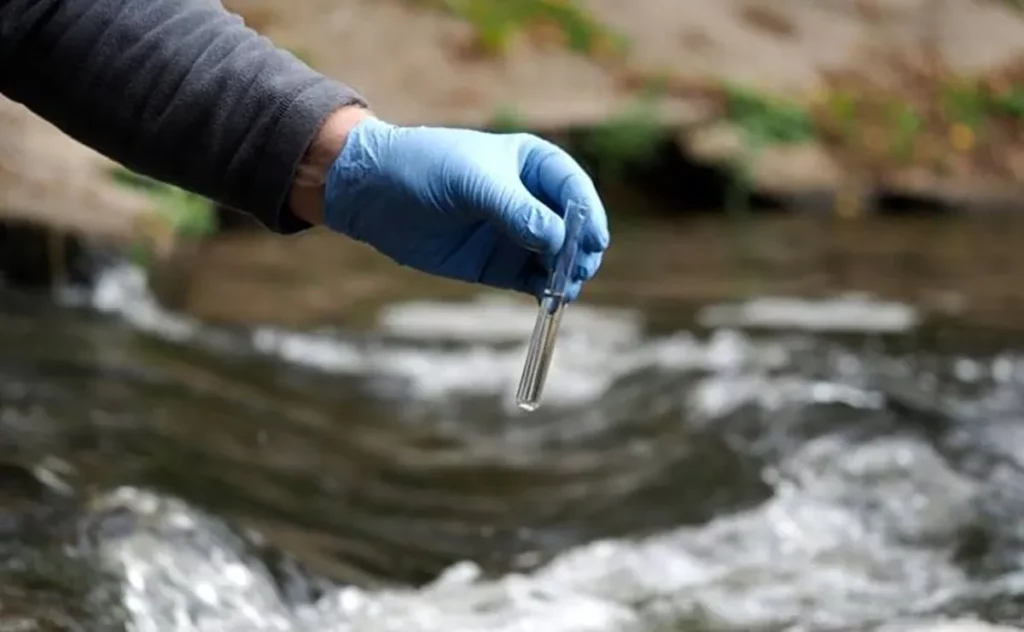
Without water, there is no life. And yet, this precious commodity, once flowing in its purity and abundance, giving birth to societies and civilisations is no longer the natural miracle of life it once was. Growing population, industrialisation, and technological advancements in society have led to the exploitation and mistreatment of natural resources leaving in their wake pollution and contamination of rivers, lakes and oceans.
Even as India is making headlines with its rising air pollution levels, the water in the country is no better. An alarming 80% of India’s surface water is polluted, a recent assessment by WaterAid, an international organisation working for water sanitation and hygiene has shown.
Our drinking water today, far from being pure, contains some two hundred deadly commercial chemicals. Add to that bacteria, viruses, inorganic minerals (making the water hard) and you have a chemical cocktail that is unsuitable, if not deadly for human consumption.
Inadequate sanitation facilities, poor septage management and a near absence of sanitation and wastewater policy framework are primary reasons responsible for the groundwater and surface water pollution in the country. Nearly 3.4 million people die every year from water-borne diseases, according to the WHO.
The Right Solution to Clean Water
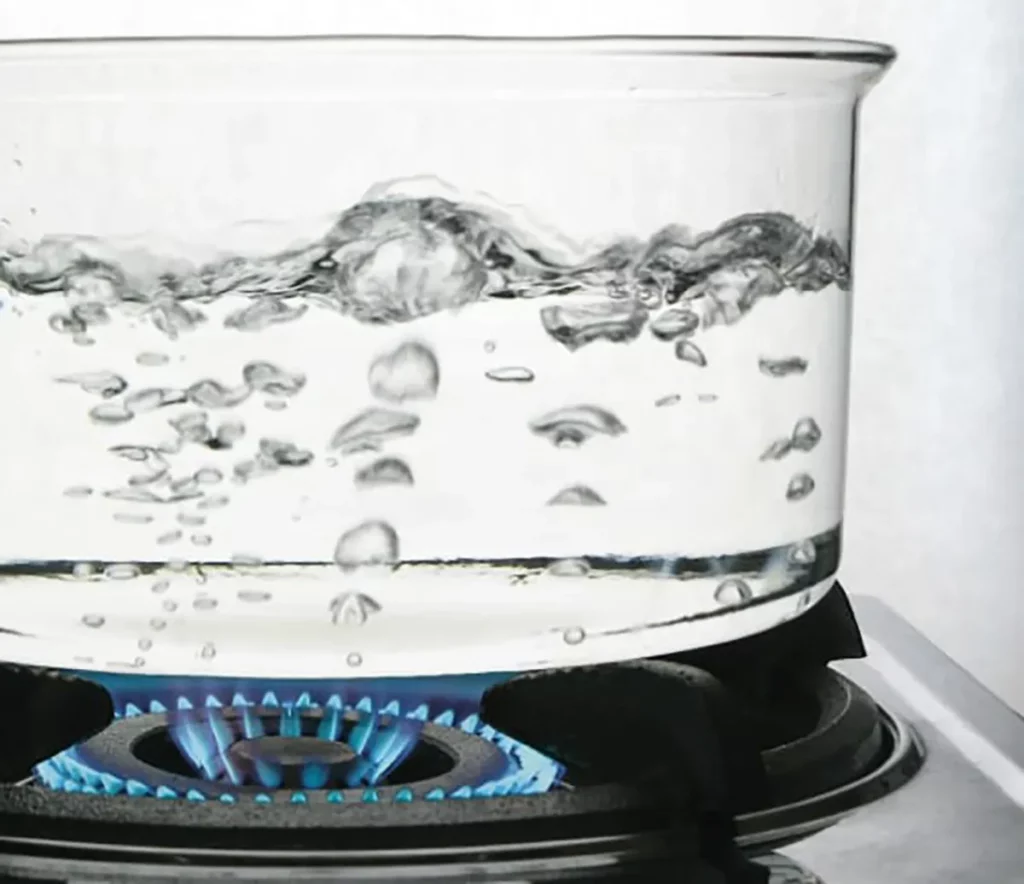
Boiling: The most popular and commonly used method to purify water is by boiling it. Boiling water kills the bacteria and viruses in it, but not other dissolved impurities and chemical toxins. Contaminants like dirt, pollutants and toxic chemicals are still present in the water. Pollutants like lead, nitrates, and pesticides aren’t affected by temperature. And since boiling reduces the volume of water, the concentration of these pollutants increases.
Reverse Osmosis (RO): This is a water purification technology that uses a semipermeable membrane with capillaries as small as 0.0001 microns to remove dissolved impurities such as salts, contaminants, and heavy metals from water.
Reverse Osmosis is capable of removing up to 99%+ of the dissolved salts (ions), particles, colloids, organics, bacteria and pyrogens from the water.
However, while removing dissolved impurities, RO Purifiers also remove some essential minerals from the drinking water and make it acidic in the process.
Breakthrough Mineral RO Technology and Alkaline Feature
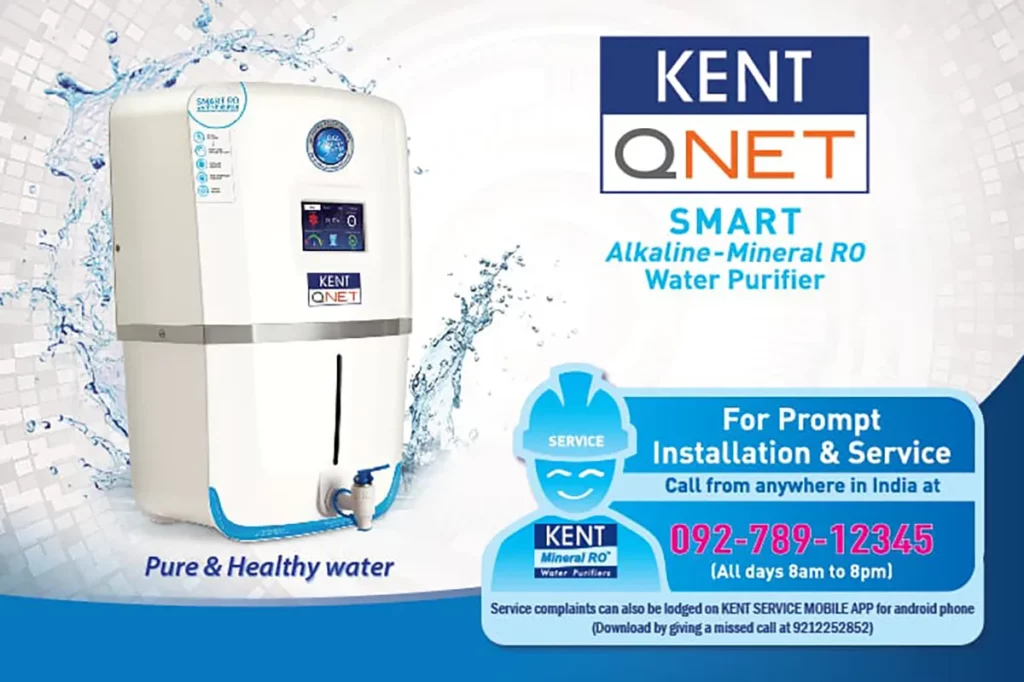
To combat the growing challenges of purifying water without losing its vital qualities, and keeping our families safe and healthy, QNet has partnered with KENT, a leader in healthcare products in India. The result of months-long research and development is now ready and available to our customers in India in the form of the brand new, pathbreaking, feature-packed KENT-QNet SMART Alkaline Mineral RO Water Purifier.
The KENT-QNet Water Purifier not only cleans your water through a multi-step filtration and purification process, it also helps maintain optimum pH level to give you safe, healthy and alkaline drinking water.
Why is Alkaline Water Important?
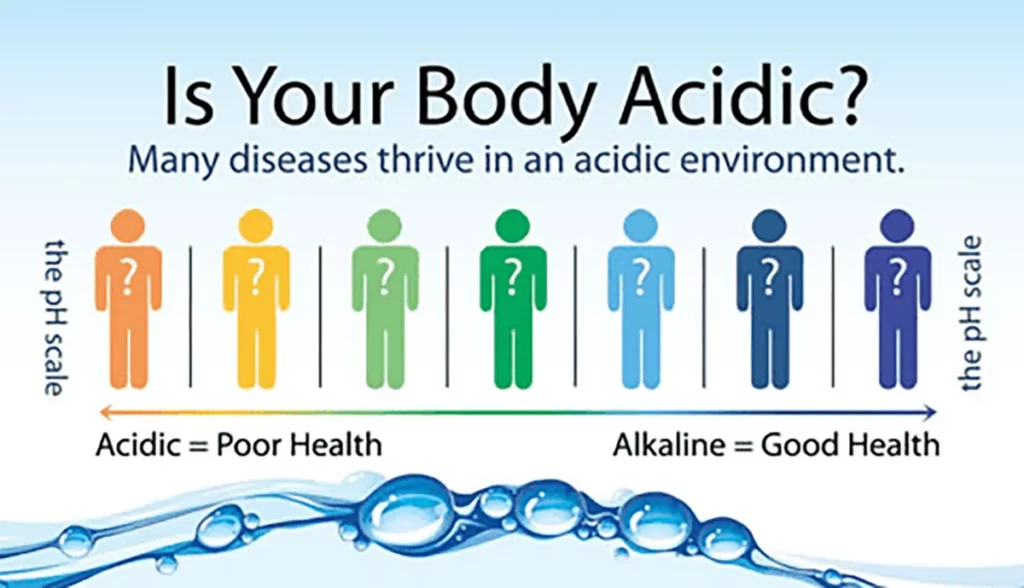
Human blood has a pH of approximately 7.4 — slightly alkaline. It’s essential for our bodies to maintain our pH within a tight range. Even a small fluctuation of as little as .05 in our blood pH can lead to severe health risks.
The human body naturally tries to maintain the acid-alkaline balance of your blood.
But when your body is overly acidic due to certain types of food and lifestyle habits, your system has to work harder to maintain that balance. This can cause stress in other areas of your body and interfere with the activity of your cells.
Several scientific studies have reported that drinking alkaline water can help your body restore the balance and have an overall positive effect on your health. Some known benefits of drinking alkaline water include:
- Antioxidant properties to combat free radicals in the body
- Promotes better hydration
- Improves energy and metabolism
- Helps neutralise acid in the blood
- Improves bowel condition
- Boosts immunity system
- Increases blood oxygen levels
Unique features of Kent-QNet Water Purifier
- Multi-step purification system using RO, Ultra Violet and Ultra Filtration technology removes dissolved impurities such as chemicals, bacteria, viruses and salts, making the water 100% pure.
- Patented mineral retention method using a TDS Controller maintains the natural essential minerals in purified water
- Maintains pH levels of 8+ giving you healthy, Alkaline water
- Purification capacity of 20 Litres/hour
- Tamperproof RO membrane
- Smart intelligent sensors with interactive Touch Screen Display for real-time monitoring of purity, performance and service history
- Fully automatic operation
- 9 Litre storage tank with water level indicator
- One year onsite Warranty
Multi-step filtration process
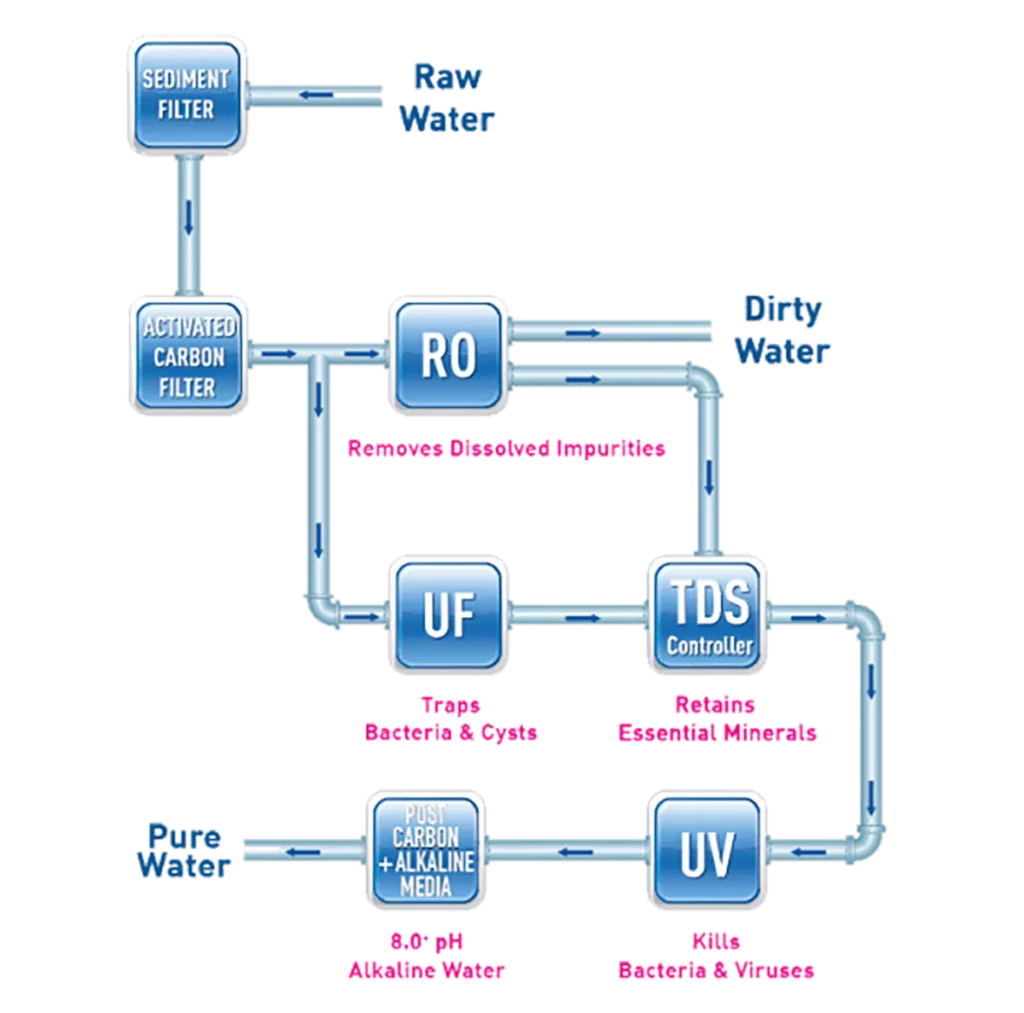
And there’s more!
Save Water Technology
In conventional RO Water Purifiers, only 20% of water is recovered as purified water and about 80% is rejected which is often wasted. KENT’s Save Water Technology employs a computer-controlled process that recovers more than 50% water as purified water. The rejected water is stored in a separate tank that can be utilised for mopping and washing, resulting in less water wastage.
The Kent-QNet Smart RO Water Purifier is now exclusively available through the QNet India eStore!








